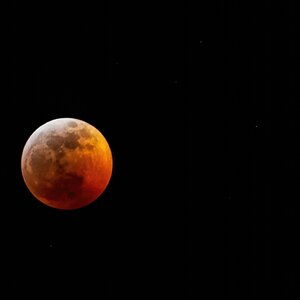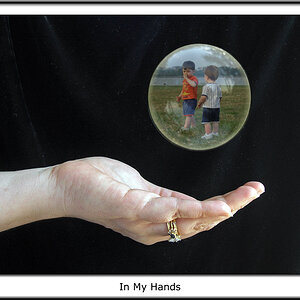gsgary
Been spending a lot of time on here!
- Joined
- Oct 31, 2008
- Messages
- 16,143
- Reaction score
- 3,002
- Location
- Chesterfield UK
- Website
- www.gsgary.smugmug.com
- Can others edit my Photos
- Photos OK to edit
Thats funny there have been more wars since the internet, terrorist can get information out easier.My partner works for the police they love facebook and all the others when there's a murder that's one of the first things they look atI see the tracking of habits as a not such a bad thing. If a device in my house tracks my energy usage, a rival energy company can call me or email me and offer me the service for less.
I use Spotify radio which plays music based on what's already in my playlist, meaning the radio I listen has more stuff I like and less that I don't meaning I have a better experience.
Facebook learns what type of ads or news stories I like and which of my friends I interact with most, so display the most relevant stories from the friends I actually care about (fewer baby pictures! Woo!)
My iPhone learns what words I use most in messages and the dictionary corrects spelling mistakes more accurately.
People always seem to be worried that governments are going to be spying on us in the future, but they already know almost everything and how much worse are our lives for it? Governments and corporations already know:
Where we live: electoral role, utility bills, TV/internet subscriptions,
Who we live with: Censuses, marriage/child/death registers,
How much we earn: mortgage/loan applications, credit ratings,
Where we are NOW: Google Maps, GPS, smart phones,
Where we work: Payroll, tax codes, national insurance/social security records,
Where we go on holiday (and who with!): Facebook, Instagram, Twitter,
Where we shop and what we buy: credit cards, loyalty cards, etc.
The list just goes on. I find these things make life better and more convenient, not worse. Yes it's all for someone elses commercial gain, but that's how the world works.
The internet is the most important invention in history. I genuinely believe that the more the world is connected together, the more chance there is of everyone getting on with each other. In fact, I think it is vital for the world's cultural and social unity and will bring all people from all cultures, backgrounds and levels of economic development closer together and more peaceful.
Just look at this website as a fine example. There are people from every corner of the globe that come here to chat about something we all have an interest in. We can learn from each other, help each other, even MEET each other if we so wish. Imagine if we could have done that 101 years ago when the first world war started - how much better and more enlightened the world might be by now.
Bring it on, I say. Bring it all on. Connect, connect, connect!








![[No title]](/data/xfmg/thumbnail/38/38740-d1a7721cf77e9309a9b4a4829c65fdd4.jpg?1619738704)




![[No title]](/data/xfmg/thumbnail/32/32433-abebb6cea0cf29d5f27d9054c7b0664e.jpg?1619735443)

